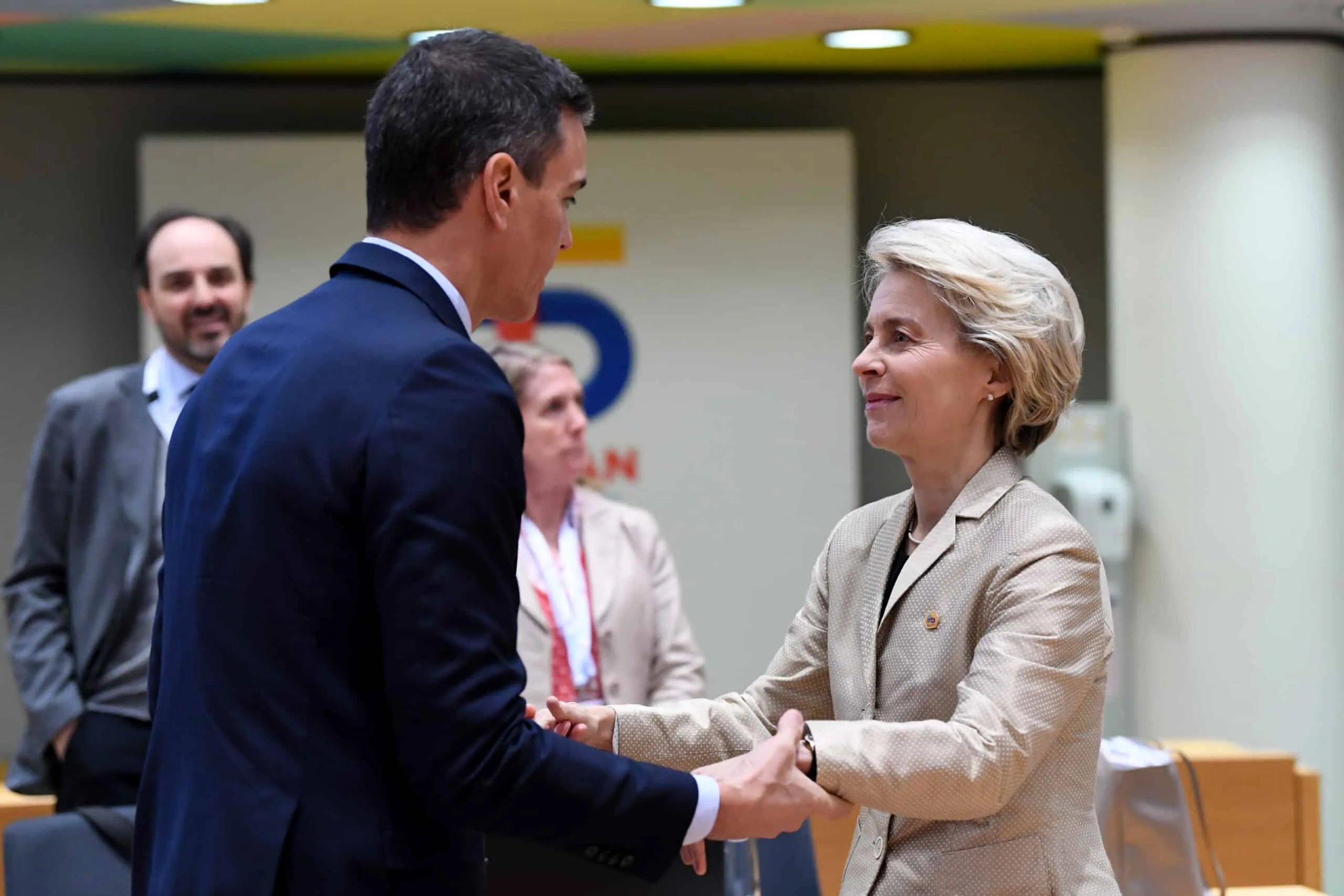Brussels – Packaging, emission standards for trucks, and air quality: there are still numerous files in the Green Deal, the green growth agenda launched by the European Commission at the start of its legislative term back in 2019, which still lacks a political agreement at the EU level. It will be up to Belgium’s new presidency at the helm of the EU – from Jan. 1 until June 30 – to try to get as many of them as possible to the finish line before the legislature expires at the end of the year.
On the energy front, the Made in Europe revolution is called ‘Fit for 55’, the ambitious climate package unveiled in July 2021 as a roadmap to reduce emissions by at least 55 percent by 2030 (optimistically, to cut them by as much as 57 percent, compared to 1990) through a series of legislative initiatives. Much of the package is complete: from stopping new gasoline and diesel cars from 2035 to revising the renewable energy and energy efficiency directives and the ambitious revision of the internal EU carbon market. There were a total of thirteen legislative proposals, including eight revisions of existing laws and five new proposals.
A political agreement between Parliament and the Council on new emission standards for heavy-duty vehicles, such as trucks and semi-trailers, is still outstanding. On the other hand, it seems impossible to reach an agreement by the end of the legislature on the revision of the directive on “minimum” taxation of energy products and electricity, which is currently still in the discussion phase at the Ecofin Council.
Running against time on the environment
On the environmental front, there are still several open dossiers. The Belgian presidency will first have to try to reach a political agreement with the European Parliament on new packaging and packaging waste regulations. On November 22, Parliament adopted its position, while the Environment Council gave its green light on December 18 (with only Italy voting against it). The three-way negotiation mediated by the European Commission will begin in the coming days.
Co-legislators will also seek an agreement on the new air quality directive after the complicated understanding reached in the European Parliament in September and the adoption by the EU Council on November 9: a deal on the Urban Waste Water Treatment Directive is also missing.
Instead, it now appears that one of the crucial dossiers of the European Agri-Food Strategy, the Farm to Fork, or the reduction in the use of pesticides, will now slip directly to the next legislative term. After the rejection of the draft in the European Parliament during the November plenary, the text ended up in the hands of the EU Council, which for now does not plan to move the dossier forward. However, the Belgian presidency will continue talks on new genomic technologies (the European Parliament should adopt its negotiating position in Strasbourg in January) and the marketing of plant reproductive material. Discussions on the next financial cycle of the CAP — the Common Agricultural Policy — will also begin this semester. It will not be an easy discussion since it will have to be revisited in light of the EU’s opening of its doors to new important agricultural markets, such as Ukraine.
Attack on the Green Deal
The Green Deal, a cornerstone of the Ursula von der Leyen-led European Commission, drew up criticism over the past year and fueled discontent in the social, business, and agricultural fabric on which Brussels has imposed ambitious (but necessary) targets in a bid to eliminate greenhouse gas emissions by mid-century.
The exit of Dutchman Frans Timmerman and the appointment of Maros Sefcovic to lead the Green Pact sanctioned a new phase of the Green Deal that winks as industry after a wave of criticism and the slowing of some legislative files forced von der Leyen to rethink her green agenda. Caught between industry and state pressures on climate goals, von der Leyen launched a series of clean transition dialogues with industry late last year and should begin a strategic dialogue with farmers in January.
English version by the Translation Service of Withub






